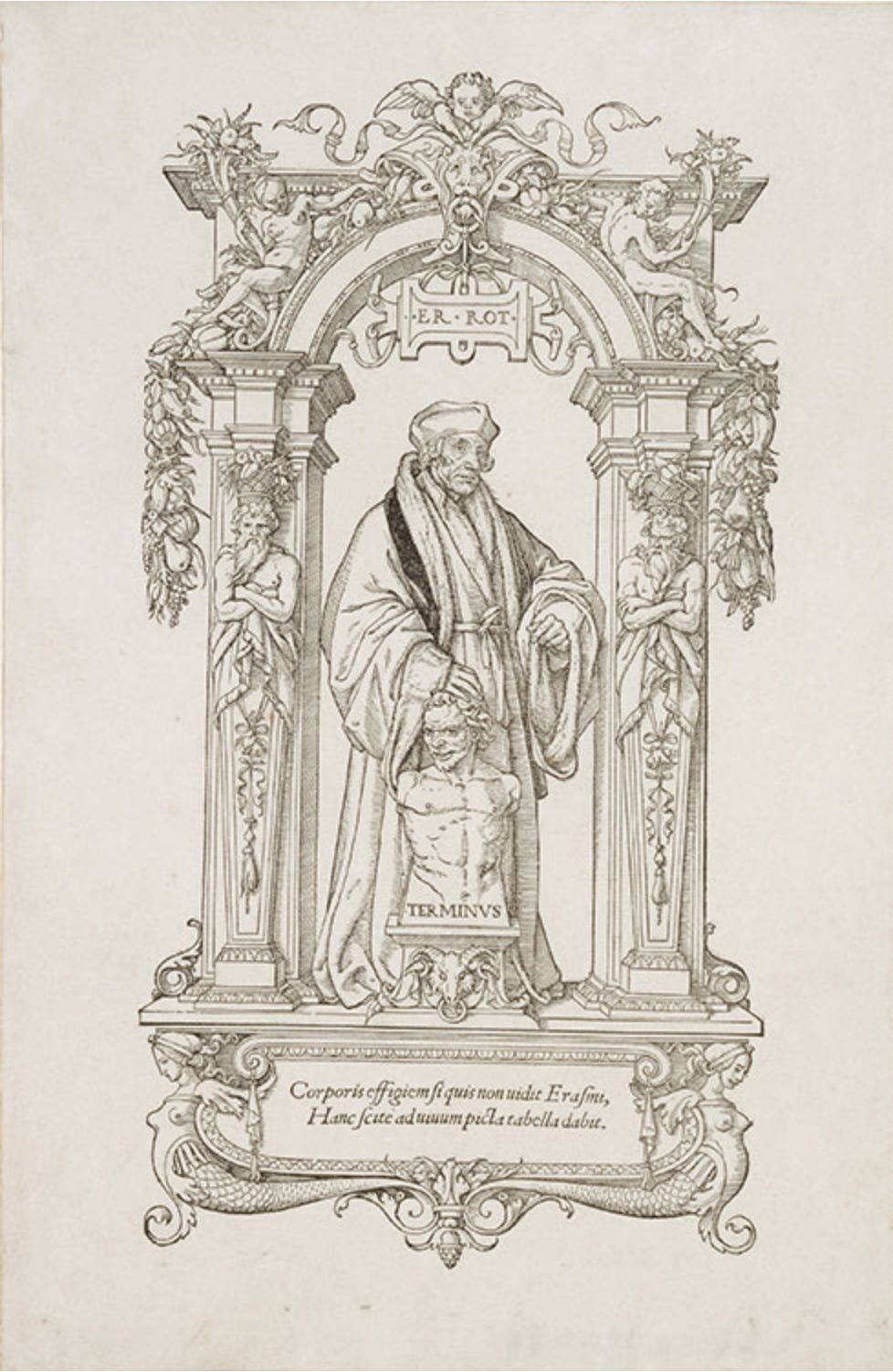Third Epistle to the Prince of Humanists
A Christian Humanist Manifesto in the Form of Letters

Agapetos Mathetes to the Learned and Eloquent Prince of Humanists, Desiderius Erasmus:
Most gracious Mentor, how abundant your reservoir of kindness must be, for once again you have extended your graciousness by writing to…



